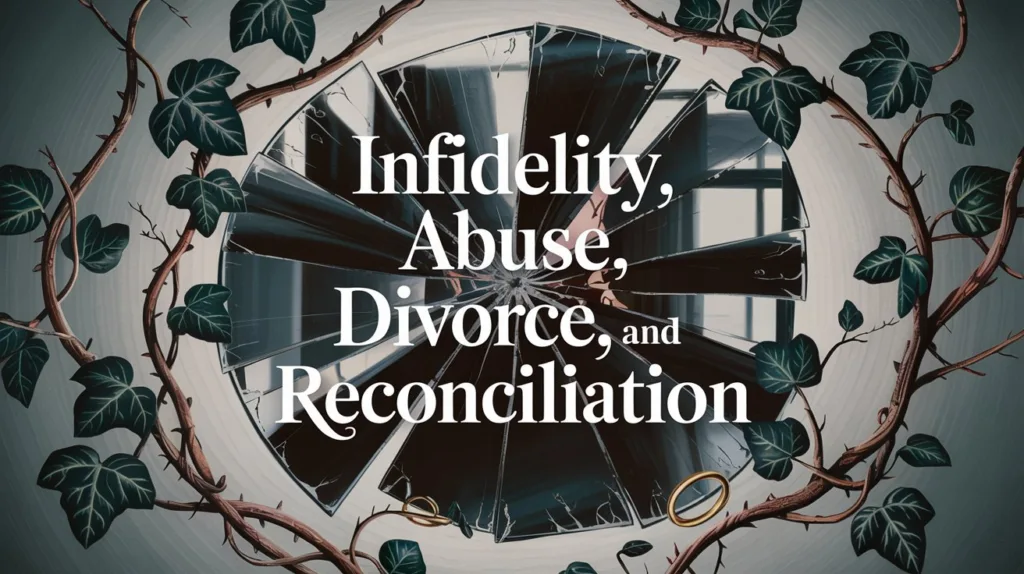Fear itself is not always a sin. It depends on the kind of fear and the response it provokes. There is a godly fear, such as the fear of the Lord, which is reverent and leads to obedience. But fear that stems from unbelief, lack of trust in God, or disobedience can become sinful.
2 Timothy 1:7 says:
“For God has not given us a spirit of fear, but of power and of love and of a sound mind.”
This shows that a continual, paralyzing fear is not from God. When fear causes someone to disobey God, retreat from faith, or remain silent when they should speak truth, it becomes a problem.
Jesus frequently said, “Do not be afraid,” especially in moments when fear would hinder trust. In Mark 4:40, after calming the storm, He asked the disciples:
“Why are you so fearful? How is it that you have no faith?”
This shows that fear and faith are often at odds. Persistent fear reveals a lack of confidence in God’s character and promises.
However, initial fear in difficult situations is human. What matters is whether we let that fear rule us or bring it to God in trust and prayer. Psalm 56:3 says:
“Whenever I am afraid, I will trust in You.”
The key is not whether we ever feel fear, but whether we choose to trust God instead of being dominated by it.
Isaiah 41:10 is a command and a comfort:
“Fear not, for I am with you; be not dismayed, for I am your God. I will strengthen you… I will uphold you with My righteous right hand.”
Fear becomes sinful when it leads to unbelief, rebellion, or withdrawal from God’s will. But God is merciful, and He calls us to bring every fear to Him, knowing He is our refuge and strength.





 Get the book that teaches you how to evangelize and disarm doctrines from every single major cult group today.
Get the book that teaches you how to evangelize and disarm doctrines from every single major cult group today.